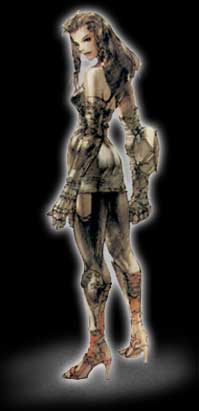
He does this by making Rosencrantz and Guildenstern unsure of who is who, as well as having the other players (Claudius, Hamlet, Gertrude) refer to them frequently by the wrong names. Stoppard also littered his play with jokes referring to the common thespian tendency to swap Rosencrantz and Guildenstern in the midst of the play, because the characters are basically identical. The characters depart from their epiphanies as quickly as they come to them.Īt times, one appears to be more enlightened than the other however this light is traded off throughout the course of the drama. In the movie, Rosencrantz invents the hamburger, and rediscovers gravity and volume displacement, among other things. The play is primarily a comedy, but they often stumble upon deep philosophical truths through their nonsensical ramblings. Stoppard's Rosencrantz and Guildenstern Are Dead Rosencrantz and Guildenstern Are Dead Rosencrantz & Guildenstern Are Dead (film)Īs the protagonists of Stoppard's play and film, they are confused by the events of Hamlet and seem unaware of their role in the larger drama. The courtiers always appear as a pair, except in editions following the First Folio text, where Guildenstern enters four lines after Rosencrantz in Act IV, Scene 3. The poet expects the audience to appreciate the poetic justice of their deaths: while they are very likely ignorant of the deadly contents of the letter they carry to England, and are to that extent innocent victims of Hamlet's retaliation, they are seen as having received the just deserts for their participation in Claudius's intrigues. Ambassadors returning later report that "Rosencrantz and Guildenstern are dead."Īs agents of the corruption infecting the court, the two toadies contribute to setting up the confrontation between Hamlet and Claudius. When their ship is attacked by pirates, Hamlet returns to Denmark, leaving Rosencrantz and Guildenstern to go to their deaths he comments in Act V, Scene 2 that "They are not near my conscience their defeat / Does by their own insinuation grow". Along the journey, the distrustful Hamlet finds and rewrites the letter instructing Rosencrantz and Guildenstern to be killed instead. When Hamlet kills Polonius, Claudius recruits Rosencrantz and Guildenstern to escort Hamlet to England, providing them with a letter for the King of England instructing him to have Hamlet killed. To his mother, he comments in Scene 4 that "I will trust as I will adders fang’d". In Act III, Hamlet drops the pretense of friendship, coldly dismissing the two in Scene 2 by his only use of the royal "we" in the play. Realising that he lacks allies except for Horatio, Hamlet gives a well-known speech on depression to Rosencrantz and Guildenstern. Hamlet welcomes them as "excellent good friends", but, seeing through their guise, comments that they won't "deal justly" with him about their mission.


In reality, however, they serve as spies for the corrupt King Claudius, Hamlet's uncle, who usurped the throne and constantly attempts to check his nephew. The smooth and courtly language they employ immediately establishes them as sycophants. In Hamlet, Rosencrantz and Guildenstern first appear in Act II, Scene 2, where they attempt to place themselves in the confidence of Prince Hamlet, their childhood friend.


 0 kommentar(er)
0 kommentar(er)
